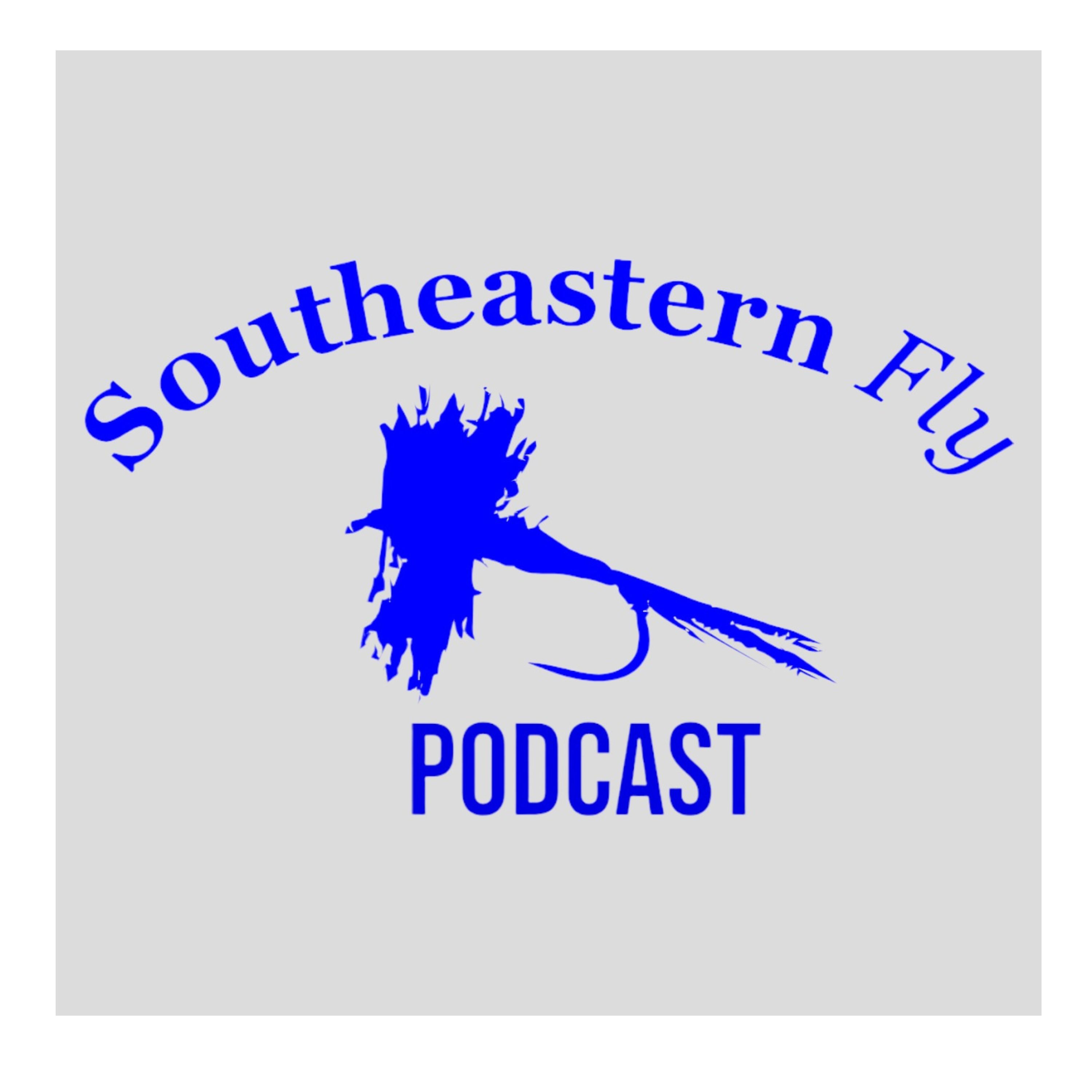Fly Fishing Gear You Need
Description
In this episode of the Southeastern Fly podcast, David discusses the essential gear needed for fly fishing, emphasizing that quality and simplicity are more important than having an abundance of equipment. Key advice includes focusing on a few effective fly patterns, mastering a handful of knots, and investing in durable but not necessarily expensive gear like rods, reels, and fly lines. David also highlights the importance of spending time on the water to improve skills, building connections in the fly fishing community, and most importantly, enjoying the experience rather than overthinking the gear.
Key Points Discussed:1.Flies:
You don’t need every fly in the catalog; just a few solid nymphs, dry flies, and streamers in various sizes.Focus on learning how to fish those patterns effectively. Presentation is often more critical than exact matches.Ask the fly shop about which flies are low in stock—they are likely being bought by experienced anglers.
2.Knots:
Learn and master 3-4 key knots (e.g., nail knot, double surgeon’s knot, surgeon’s loop).Practice tying these knots until you can do it in the dark—accuracy and confidence are essential.Avoid trying to save tippet material during practice; invest time in knot proficiency.
3.Essential Gear:
Nets: A quality net is more than just an accessory; it’s functional and adds to your optimism. Choose a lightweight, non-intrusive model that is easy to carry and access.Nippers, Scissors, and Forceps: You can go cheap or splurge, but high-end options often include handy features like hook eye cleaners. The host recommends an all-in-one tool to minimize the amount of gear hanging off you.Rods and Reels: Modern rods cast better than most anglers can. For reels, functionality is key, but shiny reels are fun if that’s what you enjoy. Don’t stress over the most expensive gear; focus on what works for you.Fly Line: Invest in a high-quality line, but remember that expensive isn’t always better. Test lines at your local fly shop to see what casts best with your rod.
4.Practical Tips:
Use old fly line for practice rather than wearing out your expensive new line.When choosing tippet and leaders, prioritize strength over brand. Don’t hesitate to discard faulty material.Test your knots and lines with real tension to avoid costly failures on the water.
5.Get Out and Fish:
The best way to improve your skills is by spending time on the water, whether it’s a river, pond, or creek. Regular practice accelerates your learning curve.Enjoy the experience, make friends in the fly fishing community, and remember that the joy is in the journey, not just in catching the biggest fish.
6.Conclusion:
The host wraps up by emphasizing the importance of enjoying yourself while fishing. Whether it’s sharing jokes with friends or simply focusing on the indicator, fly fishing should be a relaxing escape from life’s stressors.
Feel free to watch this episode and others on YouTube by subscribing to the Southeastern Fly channel.
Produced by NOVA Media
More Episodes
Russ Madden provides an engaging look into the art and science of streamer fishing, covering a wide range of topics essential for novice and experienced anglers. david and Russ start by discussing the significance of understanding the specific fishing environment—how factors like water clarity,...
Published 11/04/24
Published 11/04/24
In this insightful and reflective episode of Southeastern Fly, David delves into his long-standing quest for the perfect fly box. From stories of long-lost flies rediscovered to amusing thoughts on organizing gear, this episode offers an engaging look at the importance of the humble fly box in an...
Published 10/21/24


